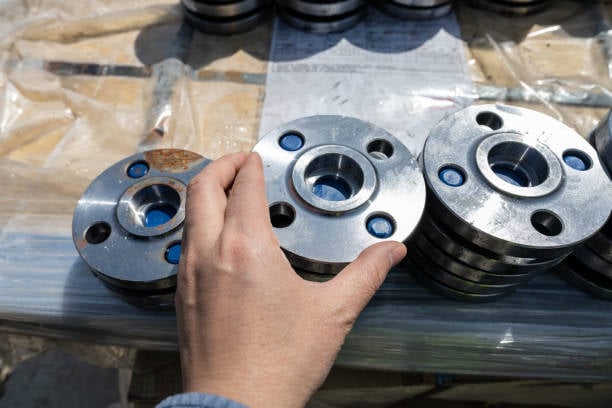The Importance of Understanding the Maximum Pressure for an Oil Filter
As a vehicle owner, it is crucial to have a basic understanding of the various components that keep your engine running smoothly. One such component is the oil filter, which plays a vital role in maintaining the cleanliness and efficiency of your engine oil. In this article, we will explore the maximum pressure for an oil filter and why it is important to consider when choosing the right filter for your vehicle.
1. Understanding the Function of an Oil Filter
Before delving into the maximum pressure for an oil filter, let's first understand its primary function. The oil filter is responsible for removing impurities and contaminants from the engine oil, ensuring that it remains clean and free from harmful particles. By doing so, it helps to prolong the life of the engine and maintain its optimal performance.
2. The Significance of Maximum Pressure
The maximum pressure for an oil filter refers to the highest pressure that the filter can withstand without experiencing any structural damage. It is an essential factor to consider because exceeding this maximum pressure can lead to filter failure, resulting in inadequate filtration and potential damage to the engine.
3. Determining the Maximum Pressure of an Oil Filter
Manufacturers specify the maximum pressure for their oil filters, and it is typically measured in pounds per square inch (psi). This information can usually be found in the product specifications or packaging. It is important to note that different filters may have varying maximum pressure ratings, so it is crucial to choose one that is suitable for your vehicle's specific requirements.
4. Factors Affecting Maximum Pressure of an Oil Filter
Several factors can influence the maximum pressure for an oil filter. These include the filter's design, material, and construction. Filters with higher quality materials and robust construction tend to have higher maximum pressure ratings, making them more suitable for vehicles operating under higher oil pressures.
5. Engine Oil Pressure and the Oil Filter
The maximum pressure for an oil filter is closely related to the engine oil pressure. The oil pump generates the oil pressure necessary for proper lubrication and filtration. If the engine's oil pressure exceeds the maximum pressure rating of the filter, it can lead to bypass valve activation, allowing unfiltered oil to circulate within the engine. This can be detrimental to the engine's health and overall performance.
6. Choosing the Right Oil Filter
When selecting an oil filter for your vehicle, it is crucial to consider the maximum pressure rating recommended by the manufacturer. Choosing a filter with a lower maximum pressure rating than what your engine requires can result in inadequate filtration and potential damage. Conversely, selecting a filter with a higher maximum pressure rating than necessary may lead to unnecessary expenses without any added benefits.
7. Regular Maintenance and Inspections of an Oil Filter
Regular maintenance and inspections are vital to ensure the proper functioning of your oil filter. It is recommended to follow your vehicle manufacturer's guidelines and replace the filter at the recommended intervals. Additionally, inspecting the filter for any signs of damage or clogging can help identify potential issues early on.
8. Benefits of Choosing the Right Oil Filter
Choosing the right oil filter with an appropriate maximum pressure rating offers several benefits. It ensures that your engine receives the necessary filtration, preventing contaminants from causing damage. Additionally, it helps to maintain the optimal oil pressure required for proper lubrication, enhancing the overall performance and longevity of your engine.
9. The Potential Consequences of Ignoring Maximum Pressure
Ignoring the maximum pressure for an oil filter can have severe consequences for your vehicle. If the filter fails due to excessive pressure, it can lead to inadequate filtration, increased wear and tear on engine components, and potentially catastrophic engine failure. Considering the maximum pressure rating is a small but critical step in ensuring the longevity and reliability of your vehicle.
10. Conclusion
Understanding the maximum pressure for an oil filter is essential for maintaining the health and performance of your vehicle's engine. By choosing a filter with an appropriate maximum pressure rating and following regular maintenance practices, you can ensure efficient filtration, optimal oil pressure, and long-lasting engine performance.

